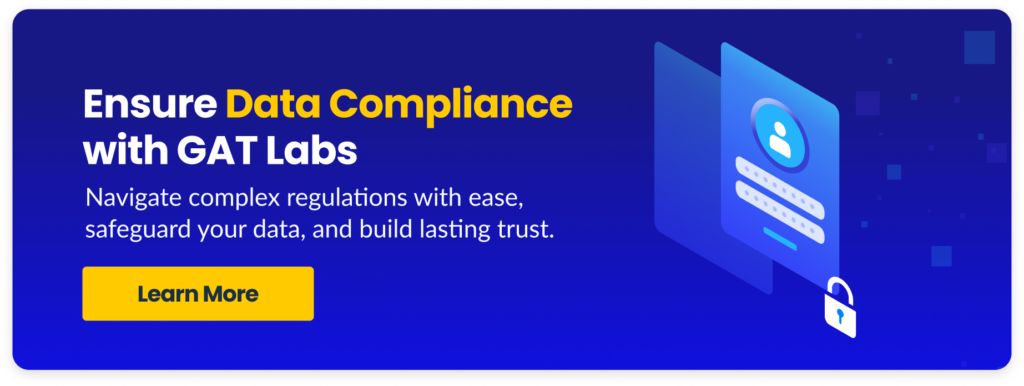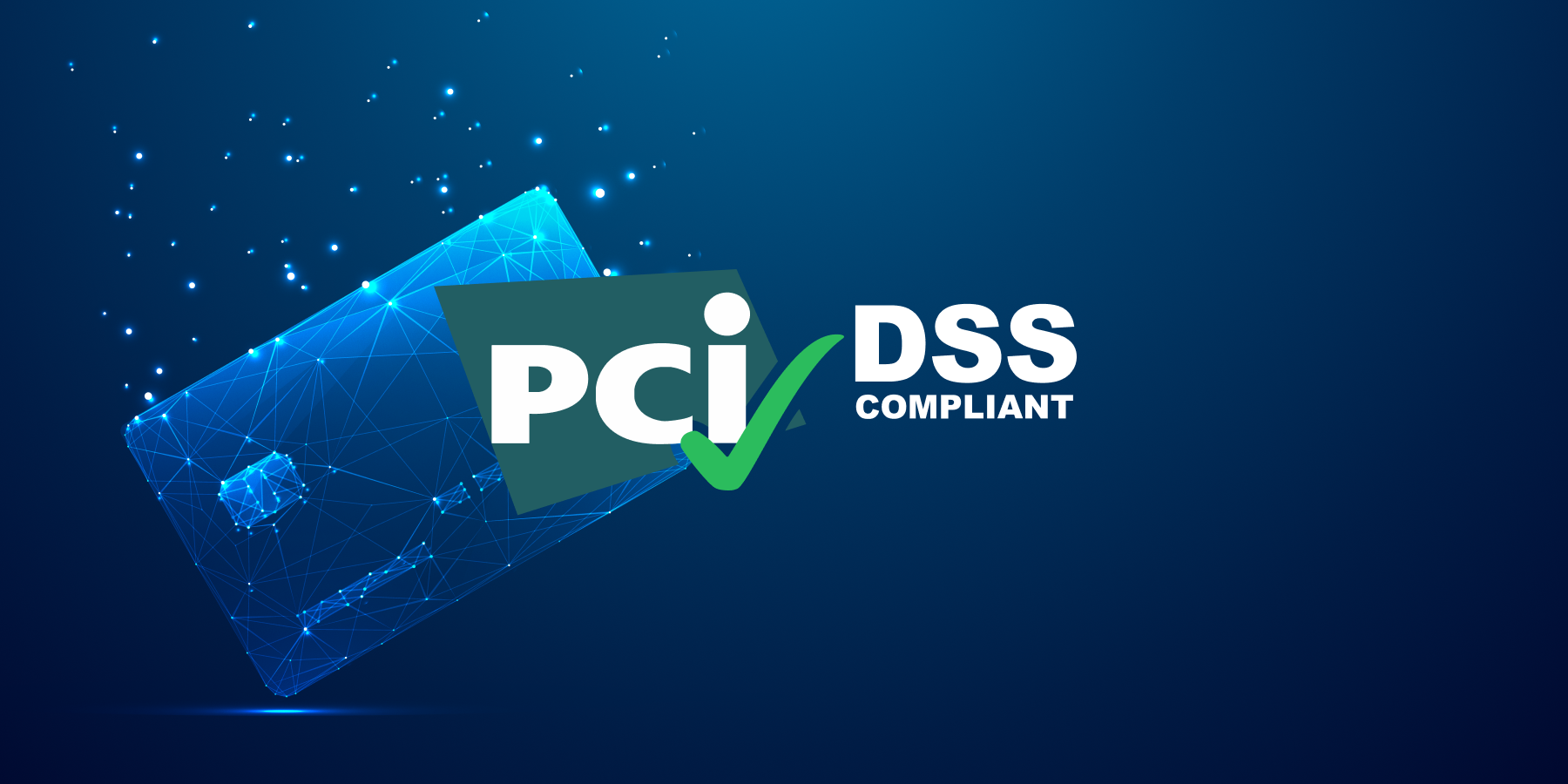The Payment Card Industry Data Security Standard (PCI DSS) is a set of security standards established in 2004 by Visa, MasterCard, Discover Financial Services, JCB International, and American Express. The compliance scheme ensures that all companies that accept, process, store, or transmit credit card information maintain a secure environment. PCI DSS was developed to protect card data from theft and fraud.
Key Things Businesses Need to Know About PCI DSS
Scope of PCI DSS
▪️ Applicability: PCI DSS applies to any organisation that handles cardholder data, including merchants, processors, acquirers, issuers, and service providers.
▪️Goals and Requirements: The standard is built around six goals:
- ✔️ Build and maintain a secure network
- ✔️ Protect cardholder data
- ✔️ Maintain a vulnerability management program
- ✔️ Implement strong access control measures
- ✔️ Regularly monitor and test networks
- ✔️ Maintain an information security policy
PCI DSS Compliance Levels
PCI compliance is divided into four levels, based on the annual number of credit or debit card transactions a business processes. The classification level determines what an enterprise needs to do to remain compliant.

Level 1
- ▪️ Criteria: Merchants processing more than six million real-world credit or debit card transactions annually.
- ▪️ Requirements: Must undergo an internal audit once a year conducted by an authorized PCI auditor. Additionally, they must submit a quarterly PCI scan by an Approved Scanning Vendor (ASV).
Level 2
- ▪️Criteria: Merchants processing between one and six million real-world credit or debit card transactions annually.
- ▪️ Requirements: Required to complete an assessment once a year using a Self-Assessment Questionnaire (SAQ). A quarterly PCI scan may also be required.
Level 3
- ▪️Criteria: Merchants processing between 20,000 and one million e-commerce transactions annually.
- ▪️ Requirements: Must complete a yearly assessment using the relevant SAQ. A quarterly PCI scan may also be required.
Level 4
- ▪️ Criteria: Merchants processing fewer than 20,000 e-commerce transactions annually, or those that process up to one million real-world transactions.
- ▪️Requirements: Must complete a yearly assessment using the relevant SAQ. A quarterly PCI scan may also be required.
Key Requirements of PCI DSS
The PCI DSS defines six control objectives and fulfils them through 12 key requirements.
- Build and Maintain a Secure Network
- – Install and maintain a firewall configuration to protect cardholder data.
- – Do not use vendor-supplied defaults for system passwords and other security parameters.
- Protect Cardholder Data
- – Protect stored cardholder data.
- – Encrypt transmission of cardholder data across open, public networks.
- Maintain a Vulnerability Management Program
- – Use and regularly update anti-virus software or programs.
- – Develop and maintain secure systems and applications.
- Implement Strong Access Control Measures
- – Restrict access to cardholder data by business need to know.
- – Assign a unique ID to each person with computer access.
- – Restrict physical access to cardholder data.
- Regularly Monitor and Test Networks
- – Track and monitor all access to network resources and cardholder data.
- – Regularly test security systems and processes.
- Maintain an Information Security Policy
- – Maintain a policy that addresses information security for all personnel.
Why Should Businesses Care About PCI DSS Compliance?
Legal Risks
Any business that processes online payments or transmits credit card information must implement and follow security policies to ensure compliance. Failure to meet PCI DSS requirements can result in non-compliance fees ranging from $500 to $500,000, depending on the severity of the violation. Additionally, businesses may face higher transaction fees and lose the ability to accept credit card payments.
Reputational Damage
Violations of PCI DSS can severely damage a business’s reputation and erode customer trust, potentially resulting in lost business and revenue.
When Spanish airline Air Europa suffered a data breach recently, it led to customers cancelling their credit cards as fraudsters accessed their financial data. The repercussions were significant, with travellers publicly expressing their dissatisfaction on social media and deciding never to fly with the airline again.
However, if Air Europa had been compliant with PCI DSS, much of the reputational damage could have been avoided as safeguards would have been in place to prevent such data misuse.
This incident underscores the importance of PCI DSS certification, which is crucial for service providers to secure credit card transactions globally.
Protecting Cardholder Data
Ensuring PCI DSS compliance helps protect cardholder data from breaches and fraud, fostering trust and confidence among customers and partners.
Taking Steps Towards PCI DSS Compliance
- Understand the Law: Firstly and most importantly, familiarise yourself with the provisions of PCI DSS and how they apply to your business.
- Develop Policies and Procedures: Establish clear policies for handling, processing, and storing cardholder data.
- Implement Security Measures: Use strong security measures, such as firewalls, encryption, and anti-virus software, to protect cardholder data.
- Conduct Regular Audits: Perform regular security audits and vulnerability assessments to identify and address potential weaknesses.
- Train Employees: Provide ongoing training to employees about PCI DSS requirements and your company’s specific data security procedures.

PCI DSS Compliance with GAT Labs
Ensuring compliance with PCI DSS regulations can be complex; however, GAT Labs offers a robust suite of tools specifically designed to streamline compliance auditing and manage enterprises’ Google Workspace domains effectively.
Key Solutions for PCI DSS Compliance
- ✔️ Network Security: Ensure secure networks through firewalls and encryption.
- ✔️ Access Controls: Implement stringent access controls for cardholder data.
- ✔️ Regular Monitoring: Continuously monitor and test network security.
- ✔️ Compliance Audits: Conduct regular audits to ensure PCI DSS compliance.
- ✔️ Real-time Alerting System: GAT Shield enables the configuration of a real-time alerting system to detect the use of credit card information through its Page Content Inspection feature.
Finally, by leveraging GAT Labs’ solutions, businesses can achieve robust PCI DSS compliance. Furthermore, they can minimise regulatory risks, and focus on protecting cardholder data.
Insights That Matter. In Your Inbox.
Join our newsletter for practical tips on managing, securing, and getting the most out of Google Workspace, designed with Admins and IT teams in mind.







